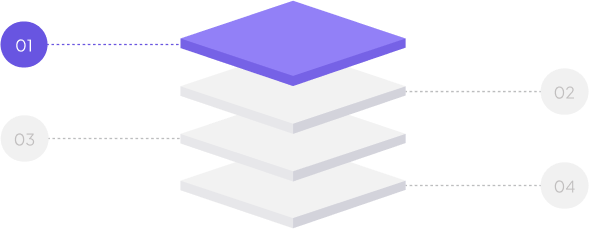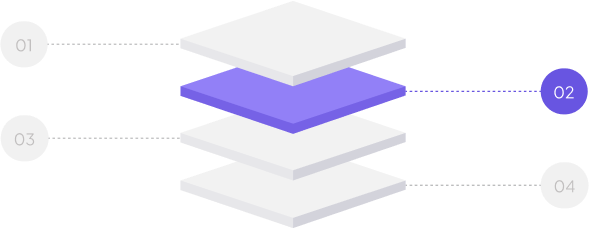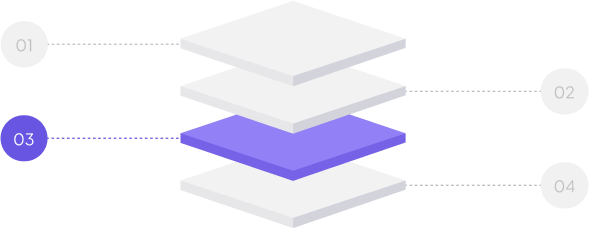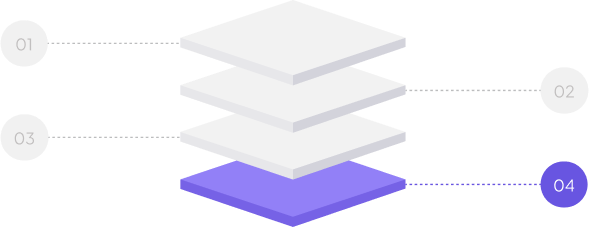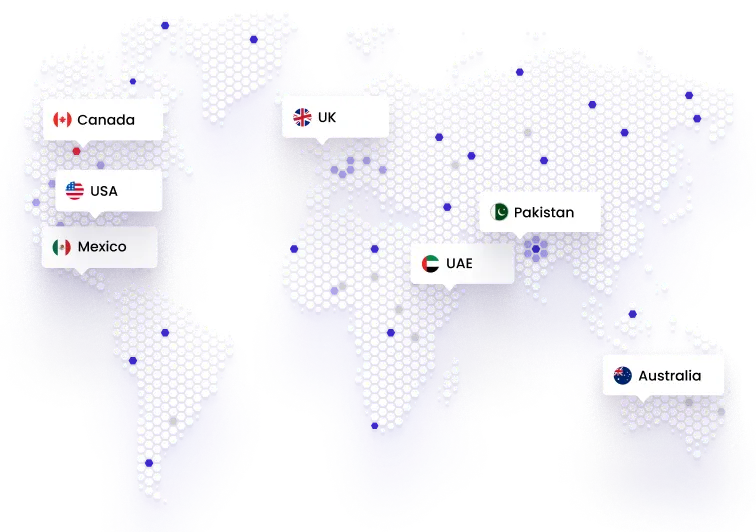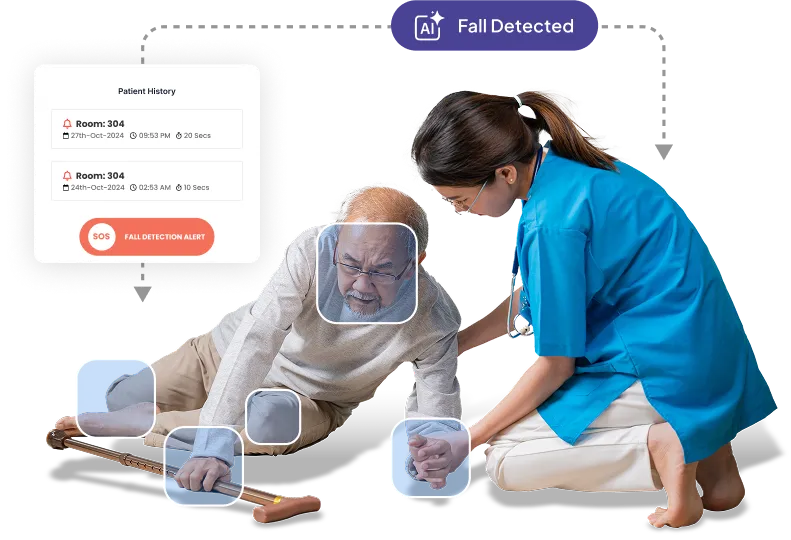





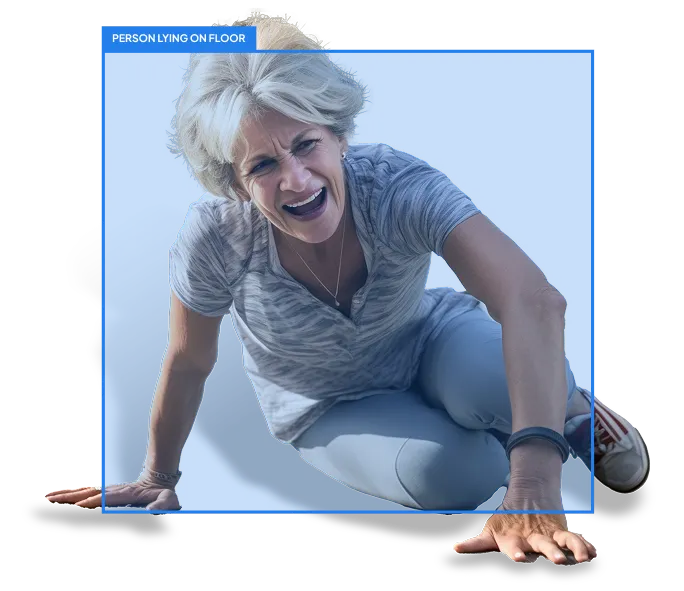
It was found that real‑time video‑based monitoring reduced residents’ time on the floor by an average of 29.6 minutes, while advanced sensor algorithms cut false alarms by nearly 50%. Fall Guard enables optimal resource allocation, lower liability, and greater confidence for both staff and residents, making it an essential for modern care providers
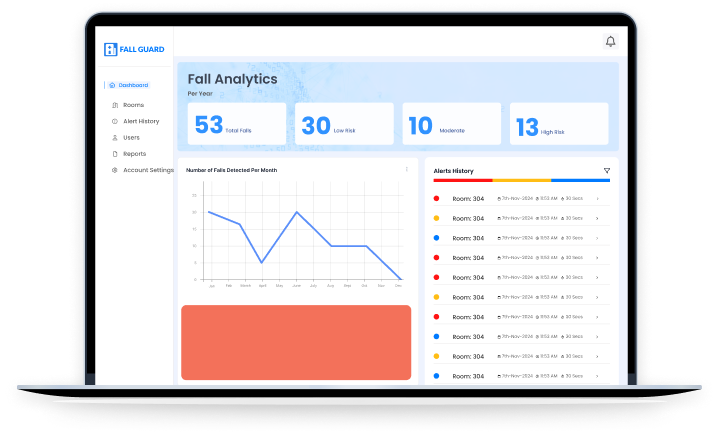
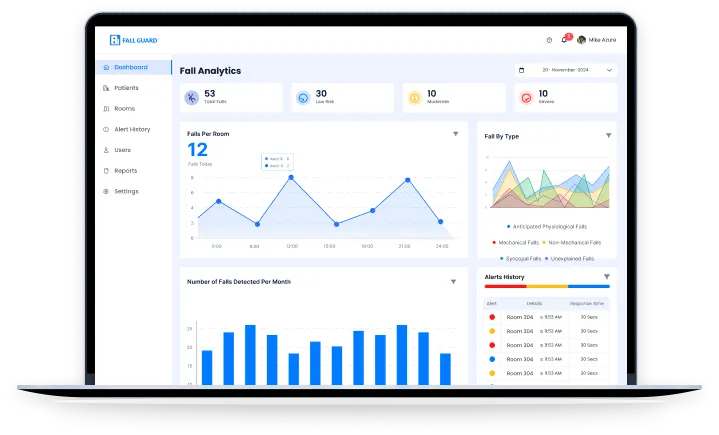
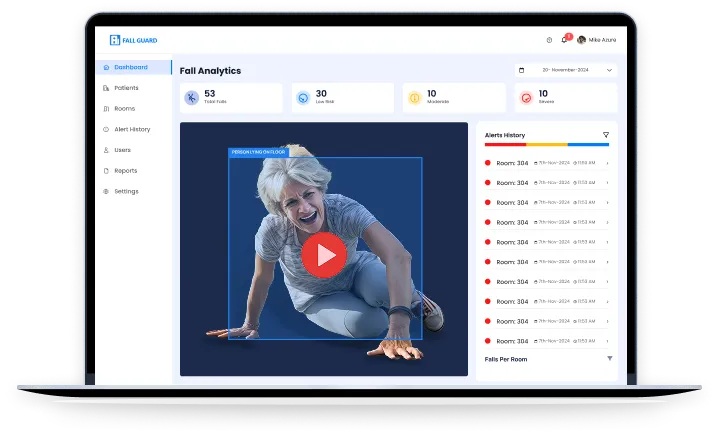
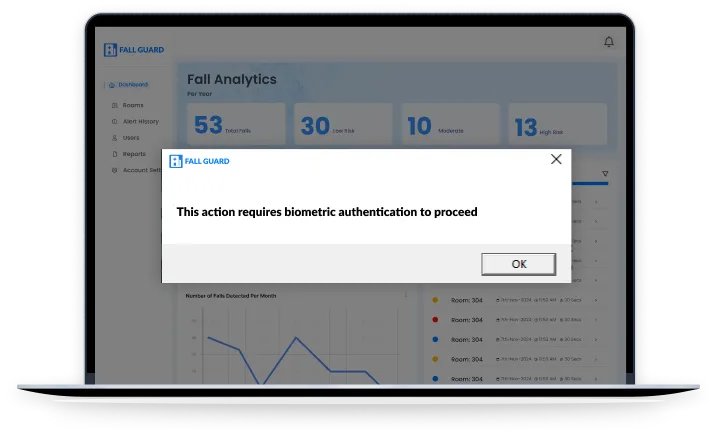
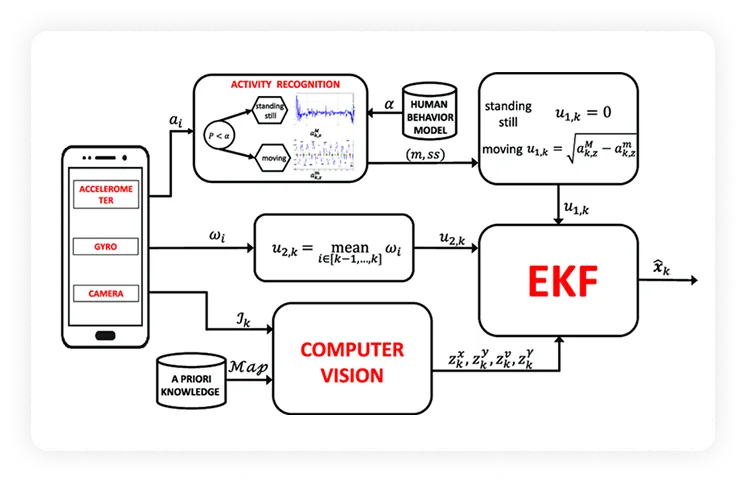
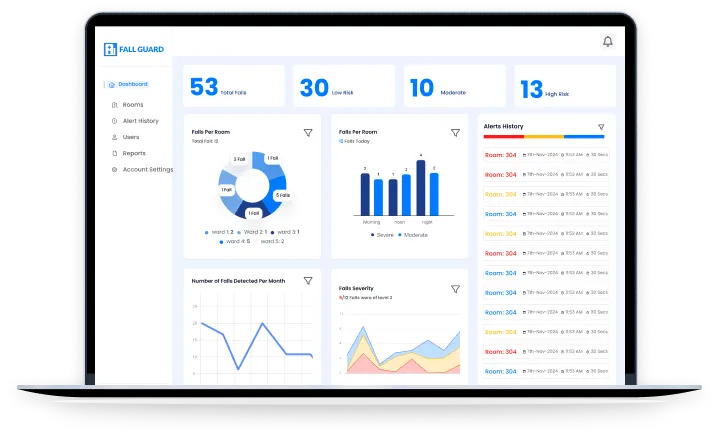
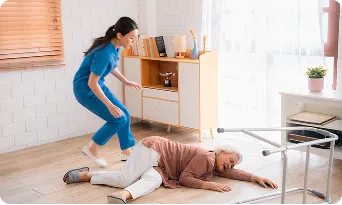
Fall Guard helps reduce fall risks by detecting critical movements in real-time, offering dependable support for individuals with physical limitations.
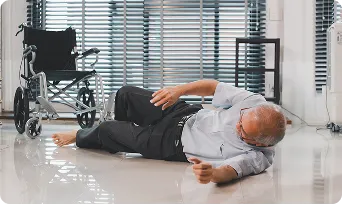
Hospitals can rely on Fall Guard to monitor patients under mobility restrictions, ensuring timely alerts for unauthorized movement and minimizing post-op complications.
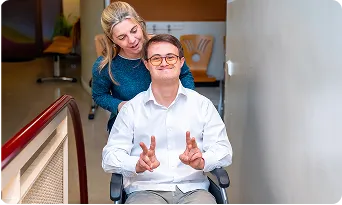
Fall Guard helps reduce fall risks by detecting critical movements in real-time, offering dependable support for individuals with physical limitations.
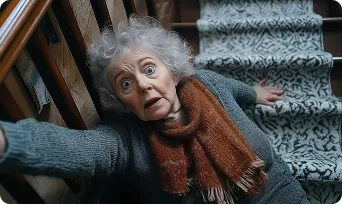
With remote monitoring and instant alerts, Fall Guard supports independent living at home while keeping caregivers informed and ready to respond.

Fall Guard detects within 10 seconds if a patient falls.

Fall Guard detects when the patient enters the room.

Computer vision detects when the patient sits on the edge of the bed.

Tracks when patients go to the bathroom and sends a message if they stay there too long for timely hard fall detection.

Fall Guard captures a patient who is in bed, regardless of where the bed is in the room.

Computer Vision detects when a patient is on the floor.

Indicates when the patient is out of bed but still in the room.

Our fall detection software detects how long someone lies on their left side, right side, or back.

Smart tracking detects when the patient leaves the room.

Fall Guard detects when someone on staff wearing a uniform is in the room.
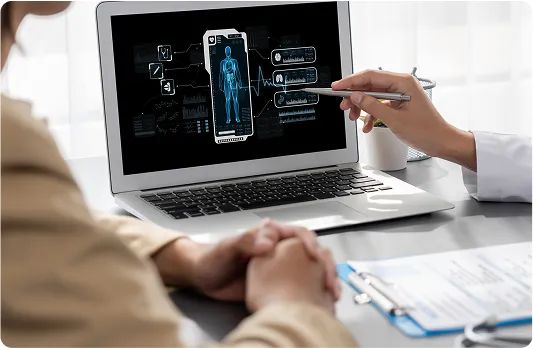
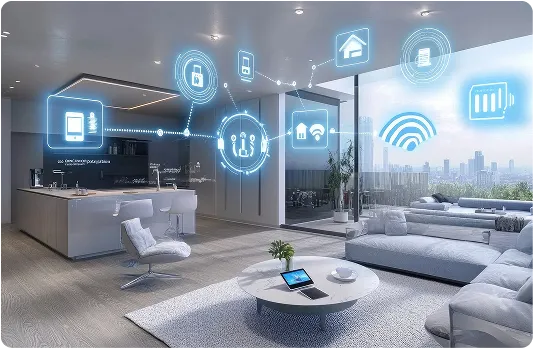
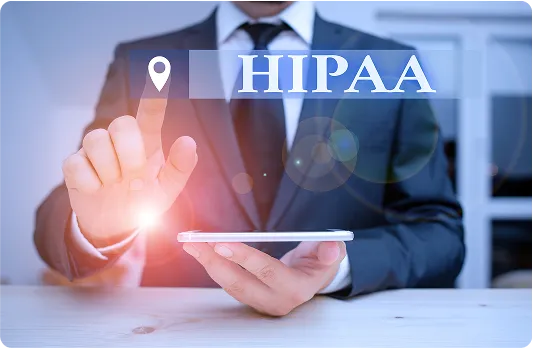
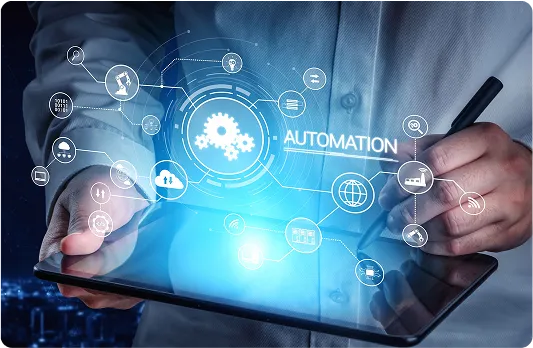
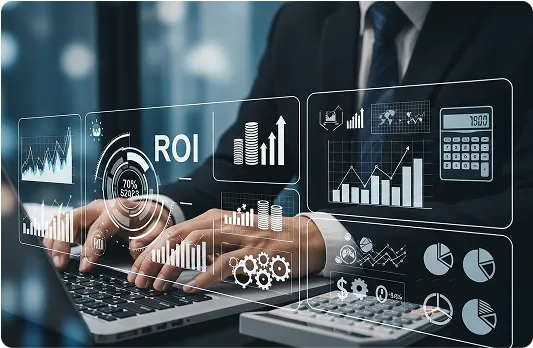
The system uses AI models trained on real-world fall scenarios to distinguish between normal activities and high-risk movements like stumbling, collapsing, or sudden drops.
Fall Guard continuously re-trains itself using anonymized data collected across care environments. This helps our system to improve detection accuracy over time, even in changing room layouts and lighting conditions.
AI-driven algorithms filter out non-fall activities, like sitting abruptly or dropping objects, resulting in fewer disruptions and no false alarms for caregivers.
Fall Guard learns from previous fall events to predict high-risk behavior patterns, giving staff the chance to intervene before an accident happens.
AI helps the system track body posture with precision like lying down, slumping, crawling. Enabling faster and more accurate alerts that are specific to the situation.









